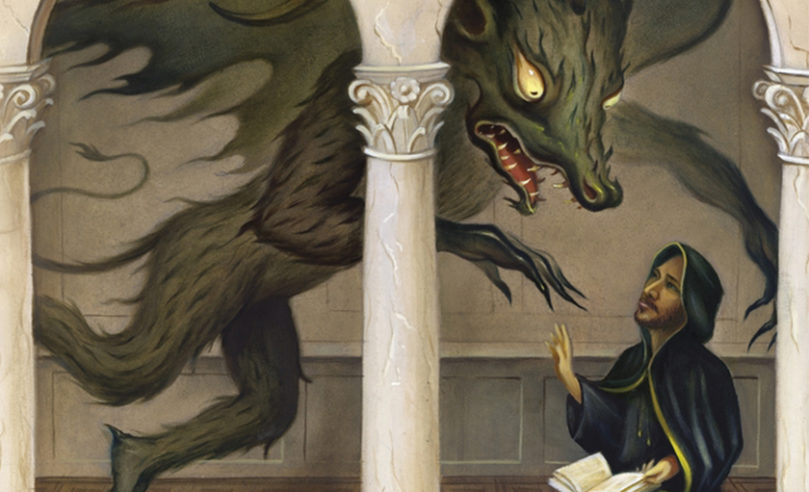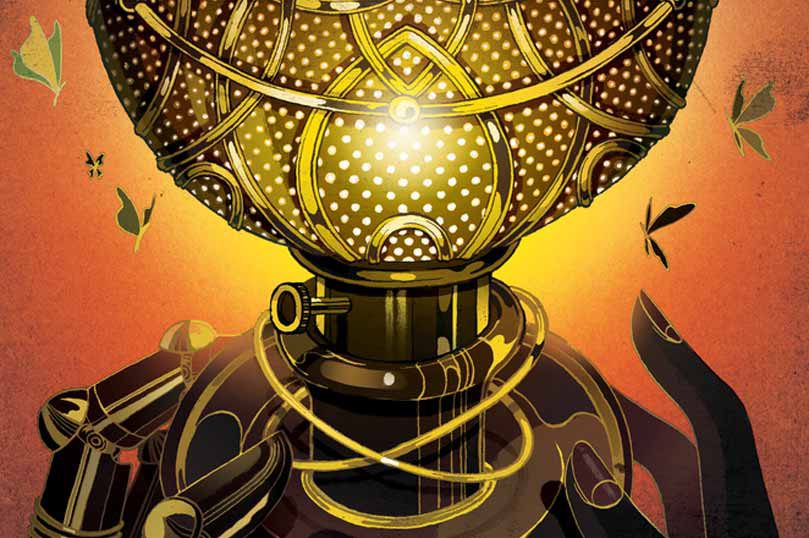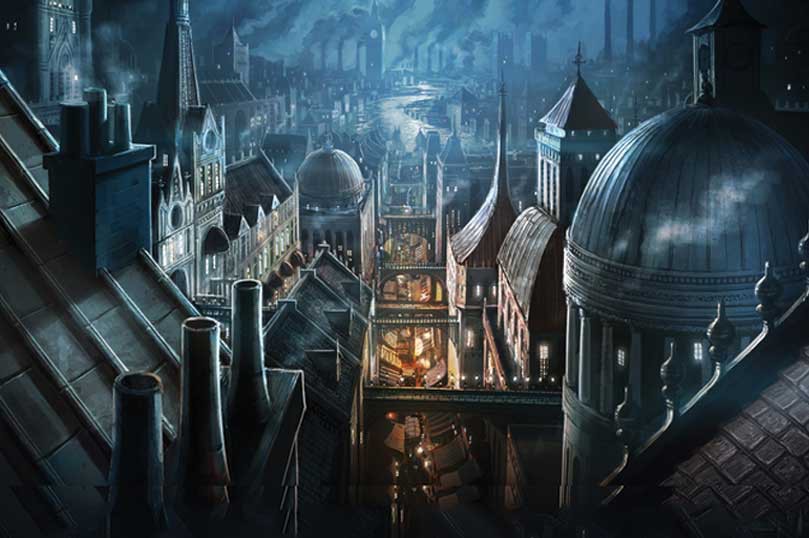
Putting the Historical in Historical Fantasy
Jo Walton’s new novel Lent is a fantastical reimagining of the life of Girolamo Savonarola, a Dominican friar and political leader of late 15th century Florence. Jo joins us below to talk about the advantages and drawbacks of writing fiction based on historical characters.




